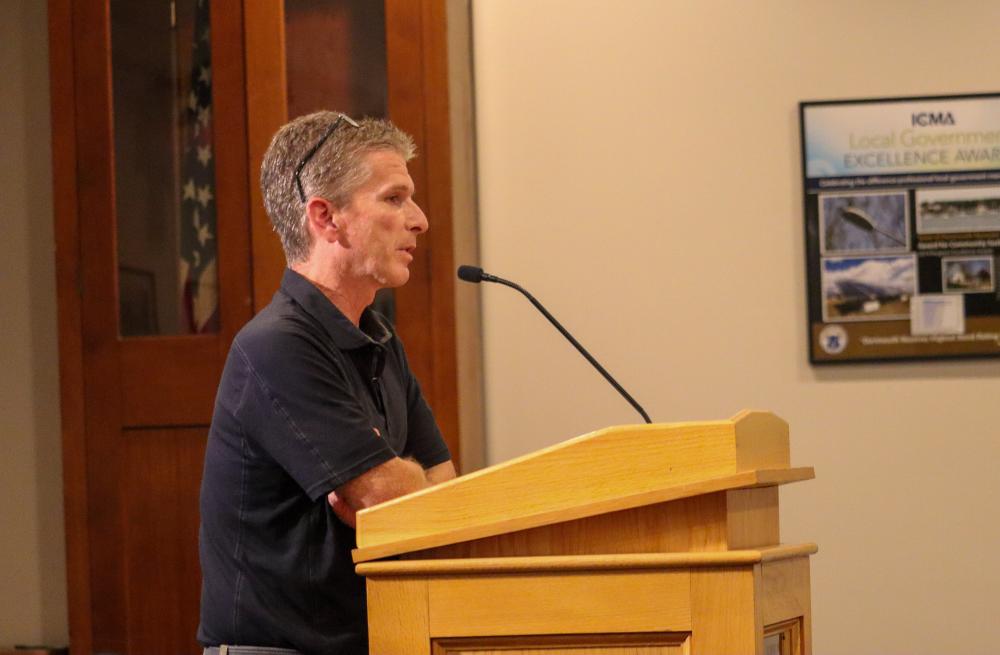Town officials petition for state meeting to address composting regulations
Composting sites in Dartmouth have raised smell complaints in residential neighborhoods for years.
A study conducted around 2017 at one of the composting sites revealed that the sites weren’t just creating odors but also harmful environmental consequences, according to town officials.
The results of the study were “off the charts,” said Director of Public Health Christopher Michaud.
“It blew septic tank effluent out of the water for total nitrogen, for phosphorus, and those are the primary pollutants of concern,” he said.
In addition to nitrogen and phosphorus pollution, detrimental side effects include vegetation death, water discoloration and ponds receiving contaminated stormwater, Michaud added.
The composting facilities and their violations “far outweigh most of the septic system issues,” Select Board member David Tatelbaum said at a Select Board meeting on Monday, Oct. 21.
In the fall of 2022, regulations for the composting sites were drafted but are now “stalled,” Michaud said.
He added that he knows what the highlights of the regulations are and that they “will not address our concerns.”
In April 2023, Michaud met with the commissioner of MassDEP and shared information about the sources that are causing harm to the environment, including composting, he said.
“They’re well aware of it,” he said, but the department has yet to act.
MassDEP has also “never sought out our opinion” on how composting can be managed in Dartmouth, Michaud said.
The Select Board is now looking for ways to address public health, safety and environmental concerns, calling on Michaud to draft a petition that would ultimately organize a meeting with MassDEP to discuss the absence of oversight at composting sites.
There is a section in MassDEP’s administrative set of regulations that permits any person to petition the department to rescind, revise, amend or make any changes to any regulations in the department, Michaud said.
MassDEP is required to hold a meeting on all submitted petitions, which “forces them” to address the concerns the petitioner makes, he noted.
“This is our chance to advance a petition to put exactly, in writing, what we would petition the department to change and how we can protect the public health, the safety and the environment in Massachusetts,” he said.
MassDEP is currently offering no oversight on the composting facilities, nor are they proposing any regulations for composting guidelines or composting enforcement, Chair Shawn McDonald said.
“[They] should be working with the communities that are being affected the most,” he said, adding that MassDEP shouldn’t license a facility without asking what the town can do.
“I do believe it will attract a lot more attention and seriousness from the department if the petition comes with clout,” Michaud said.
The first five signatures on the petition “should be” the Select Board, followed by the Board of Health, the Department of Public Works and then Dartmouth citizens, McDonald said.
Once Michaud gets the petition to the Select Board, it will then be published on the town of Dartmouth’s website where it will be available for citizens to sign.
“I’ll tell you this right now, our legislation could hit them with a hammer, but this petition is going to hit them with a sledgehammer,” McDonald said. “And that’s what we have to do.”















